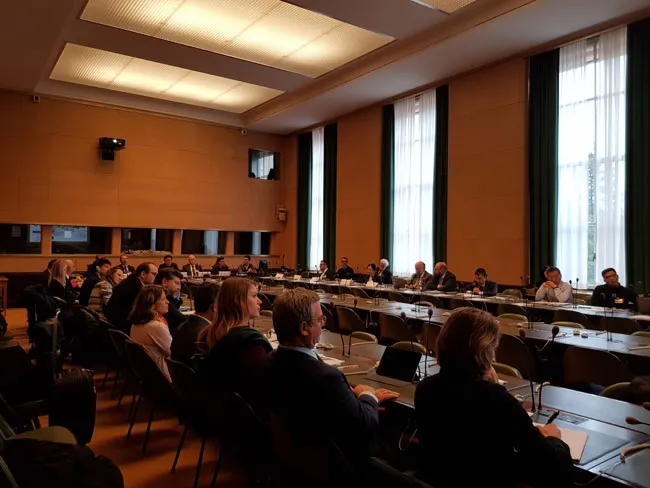Improving road safety is a key development priority for Africa
Despite comparatively low motorisation levels, the continent witnesses the world’s highest rate of road traffic fatalities, with approximately 26.6 deaths/100,000 population (WHO 2018). The importance and need for better road safety data has been highlighted in
About LEARN
LEARN is a joint initiative of the
Over the past two years, the Global Alliance has conducted a series of capacity building initiatives specifically tailored to
NGOs working in road safety around the world. The action plans developed by the NGOs attending the training have led to measurable impacts including national legislation change in Tunisia and the Philippines. On the other side, the IRF has been delivering training on data over the past two decades. The effectiveness of this training is reflected and measured with the increased quality and quantity of data harvest annually via the IRF World Road Statistics questionnaire.
“The project will demonstrate the added value of working together, in a systemic way and with the support of data. We aim at building a model of working that can be replicated in other African countries and elsewhere,” said Susanna Zammataro, IRF director general. “Tanzania and Senegal were deliberately chosen as they are representative of two different cultural and linguistic regions. Training resources in French are currently limited, and we believe this project will further enable scaling up road safety activities and reach in Francophone Africa as well,” she continued.
For more information contact: <%$Linker:







